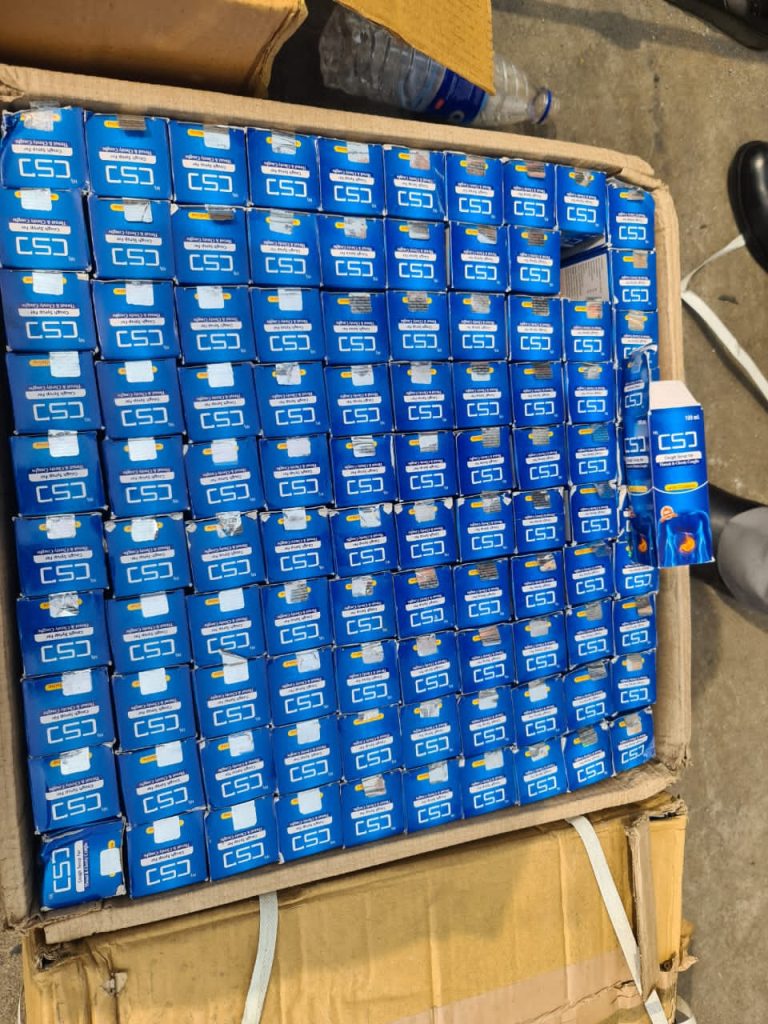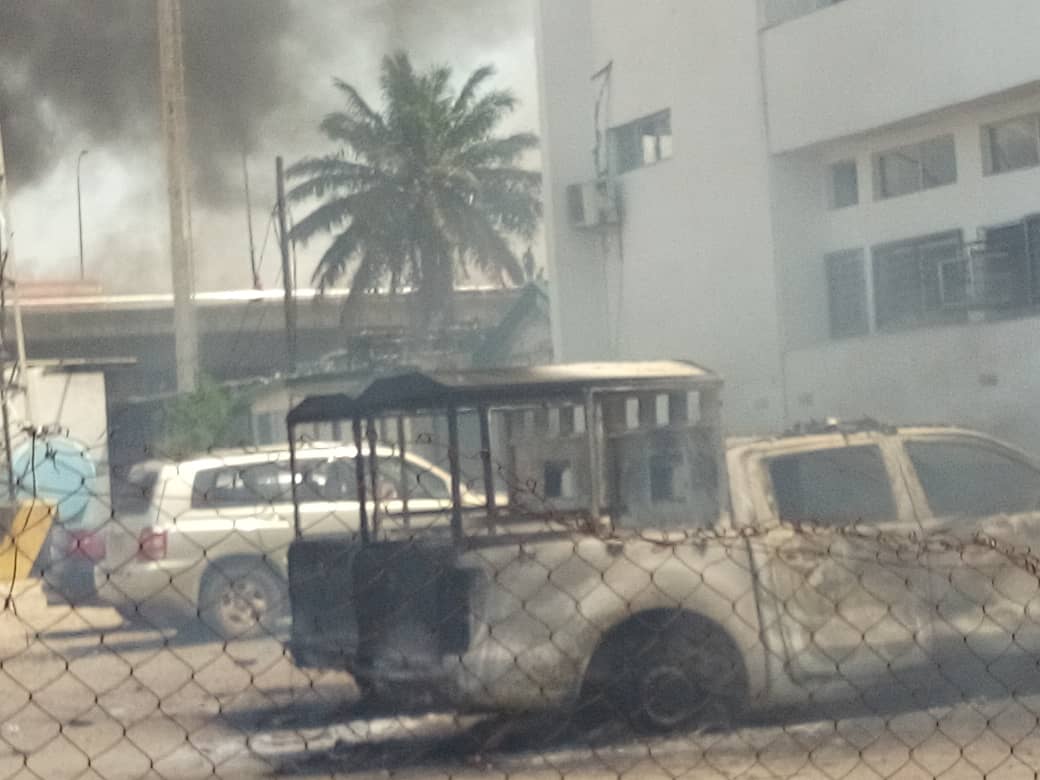By Elijah Olusegun
With two compactor-fuls of rubbish stranded on the premises of the Local Government secretariat, and garbage bristling over median slabs lining major roads that belt the 38.5 km square land it covers, Apapa will have to heave in dirt and grime for a lot more time before help comes. Or for as long as it takes Gov. Akinwumi Ambode to get right his tweaking of the state’s waste management policy—and the federal government to accept the responsibility of making the port city spinning over N2 trillion annually livable.
Gov. Ambode made it clear finance was not exactly the problem when he suspended the private participation in waste management by the Lagos Waste Management Agency.
It was about capacity.
“The Private Sector Participants (PSP) collectors are not having enough capacity to do it,” he said during the 14th annual lecture of Centre for Values in Leadership (CVL) held at MUSON Centre, Onikan, Lagos. “But again should I tax people to death? The answer is no.”
So while waiting for a Public Private Partnership to kick off latest July, the PSPs have been put out of work for now. Only a handful of the 10,000 registered garbage collectors are now hired by commercial clients.
The government now manages the 13,000 tons of refuse Lagos generates daily, according to LAWMA’s boss Abdul Wahab Ogunbiyi. The state is responsible for major highways and citycentres while local governments manage collection and disposal at the community level.
Apapa, unfortunately, becomes no man’s land when it comes to this. Which is why the waste management policy delay is costing the commercial nerve centre of Nigeria’s container business a great deal: fresh air, a clean environment, and a slightly neighbourhood. An epidemic is also possible.
A top official within the Apapa LG secretariat told the National Daily the federal government’s neglect of the area over the years has led to degradation of the road network.
“Our trucks go and break down on the roads. Containers regularly fall off, hindering the compactors from coming in or going out,” the local government official said.
Apart from the surroundings of the secretariat that’s a bit clean, the Burma Road, the Sunrise area, the Tin Can Island, and other places now brim with refuse.
“We will sweep the streets and pile up garbage for the compactors to pick up later. But the government people won’t come,” a street sweeper told the newspaper.
As the sweepers are overwhelmed by filth, so are the residents. As part of his reform, Ambode scraped the monthly clean-up exercise last year. Although the residents observe the Thursday ritual of environmental sanitation, the filth keeps mounting, a commercial motorcyclist told the National Daily.
Since the Apapa local government authorities appear to have lost the grip of managing its waste, no way of telling how the state government reform will help the over 600,000 people crowded there keep clean.
By July, Lagos, following the PPP arrangement, will deploy 600 Mercedes Benz compactors across the state, build more landfills, and put the PSPs in charge of commercial waste. But for Apapa, the bad roads, floods, and traffic congestion will make the reform a little hard to kick in there.
And how much should Ambode care?
It is the federal government responsibility, the official told the National Daily. The revenue Abuja collects from the businesses in the port city—including the concessionaires, about 200 tank farms, shipping companies that received 315,986 containers last year, and others—put the burden of managing waste on the federal government.
As Ambode and Abuja dither on taking up the task of making Apapa spruce, dirt is piling up. And Lagos will bear the brunch.
Apapa will become a blot on the beautiful landscape the governor is trying to make out of state.

 Business6 days ago
Business6 days ago
 Business6 days ago
Business6 days ago
 Education6 days ago
Education6 days ago
 Crime6 days ago
Crime6 days ago
 Covid-196 days ago
Covid-196 days ago
 Business6 days ago
Business6 days ago
 Latest4 days ago
Latest4 days ago
 Featured1 week ago
Featured1 week ago









